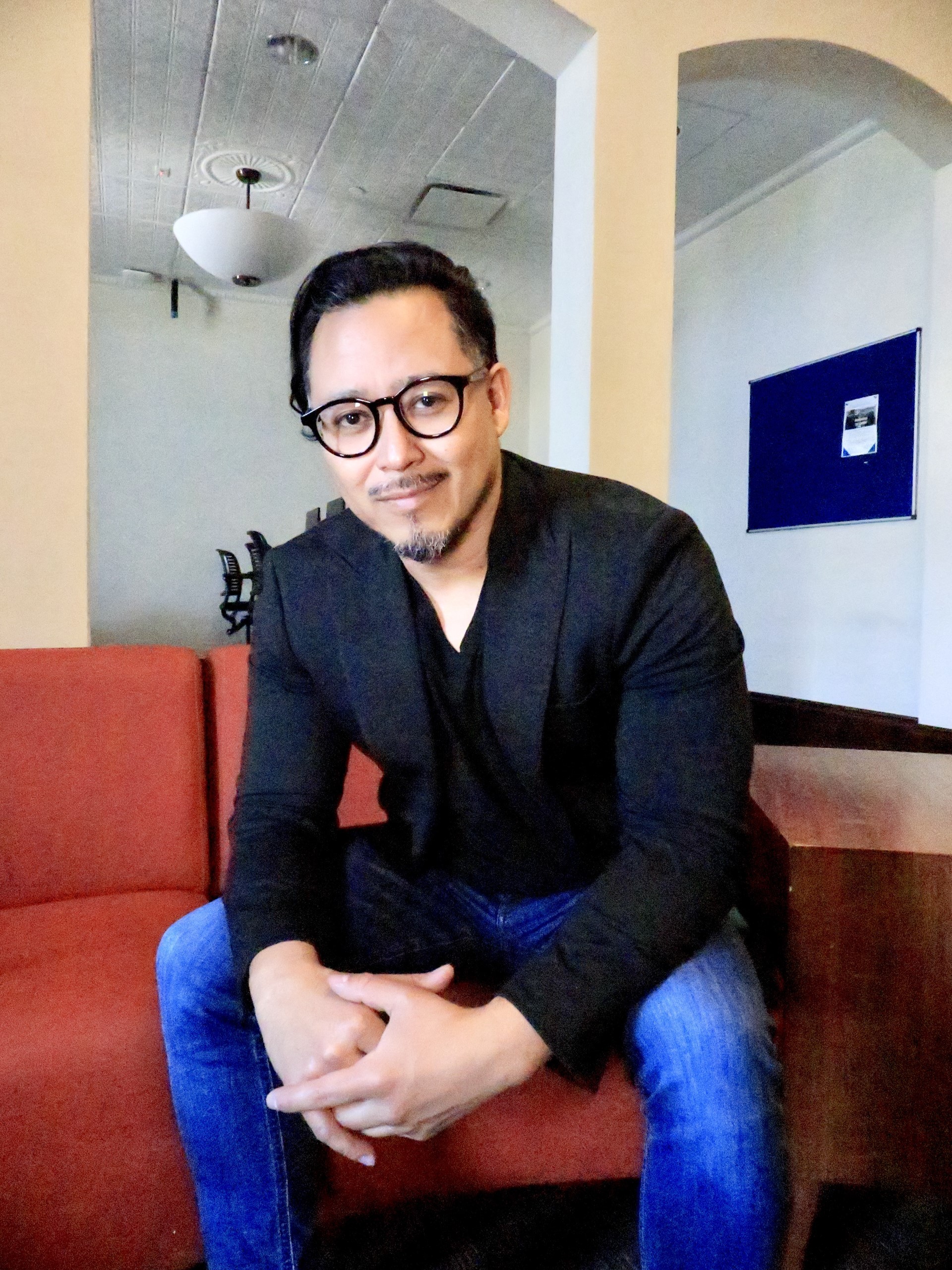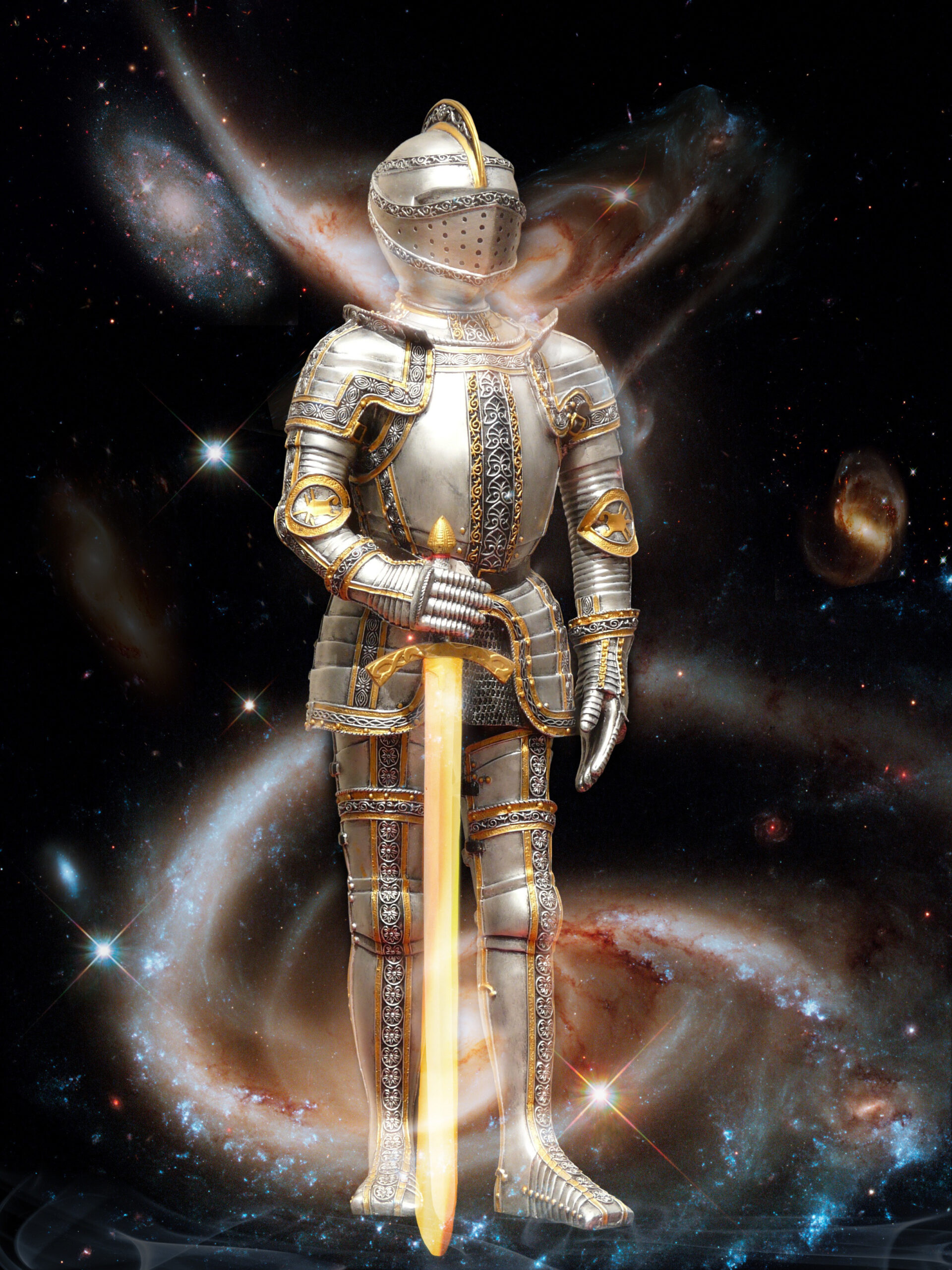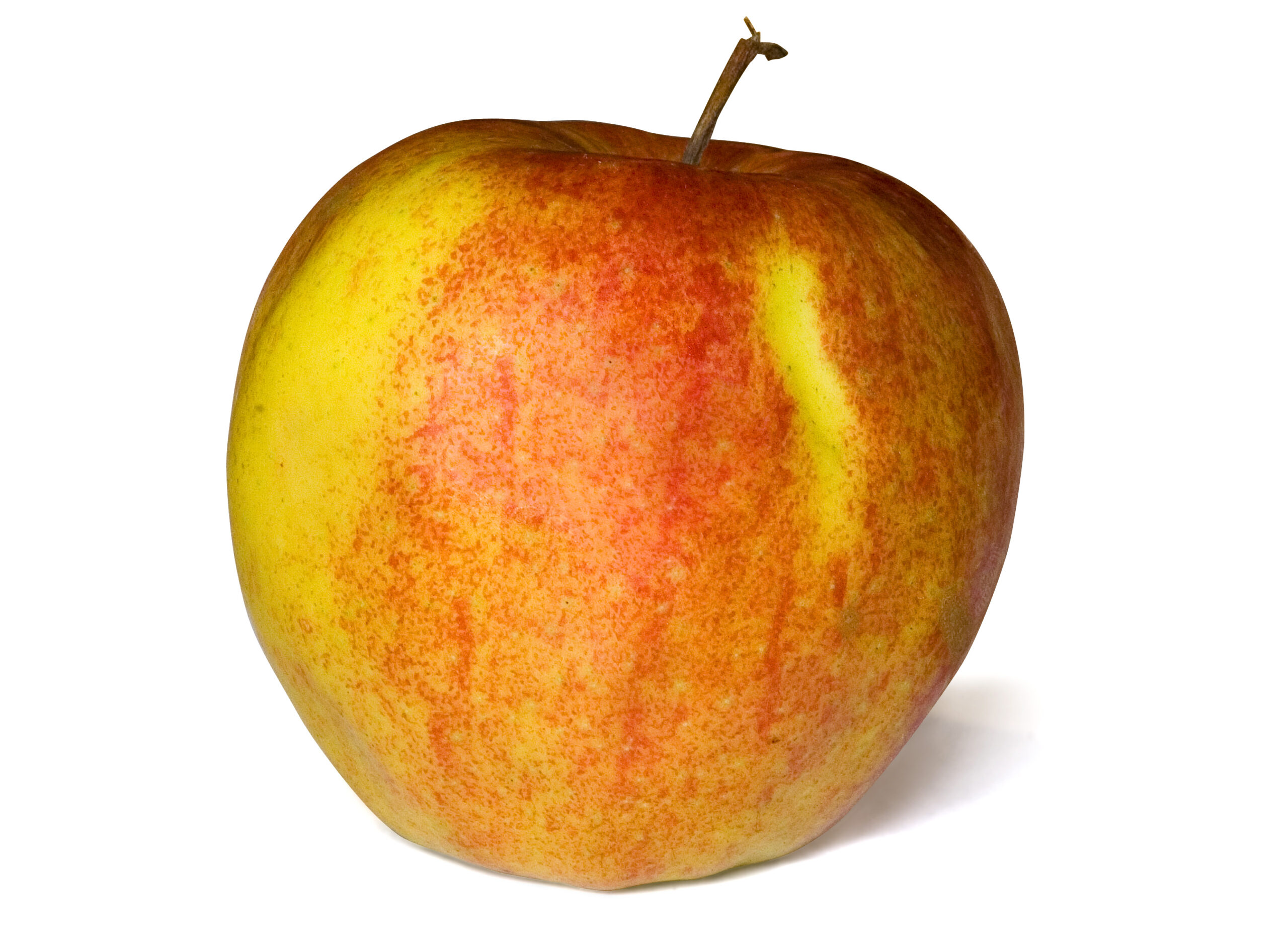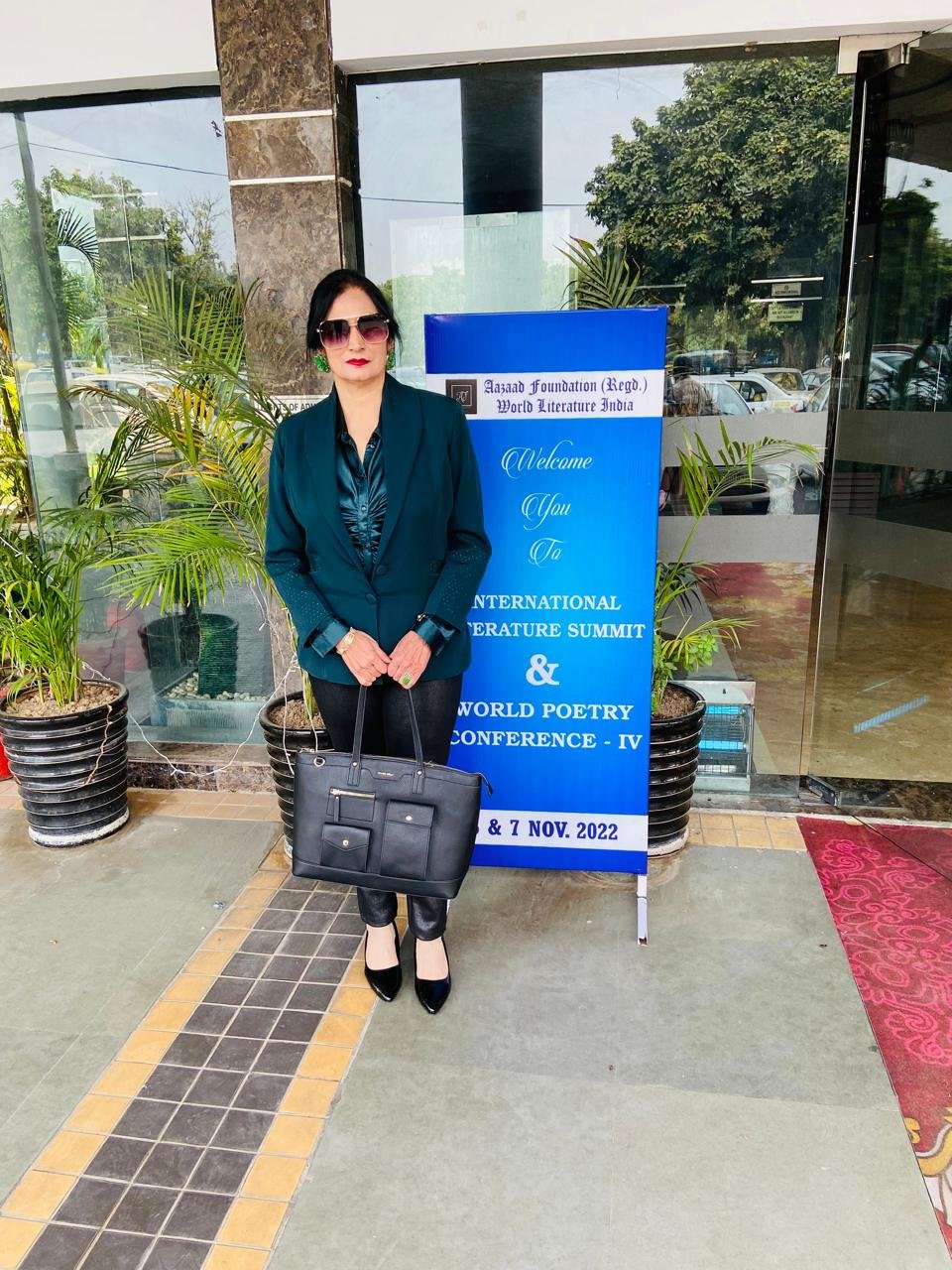Thank you for agreeing to this interview about your Frontextos artwork. I would like to ask you what is your artistic philosophy behind these works and how do you embody it in daily life?
I can compress my artistic philosophy into one word: process. This is essentially what I engage with when I paint or write. I learn from the process of making a thing, whether it’s a poem or a painting, or a wood sculpture. The process of making is an art in itself. I can read about how to write a poem or how to apply paint on a canvas, but not till I do it will I know what it means to take on a journey of artistic discovery. As for embodiment: My life is process. I am learning how to live it as I go. I have ideas on how to live it, how to go about it, but that’s all. It’s good to have an idea and then move forward with application. That’s when you truly find out whether or not the idea can be put into practice. Which often leads to failure, which is great. That’s how you grow.
You are also a poet. In what way does the art of language find itself in your paintings?
If you’ve seen my Frontextos (portmanteau of frontera / texto = border / text), then you know that most of them have some sort of text in them. A sentence, a couplet, a word. My earlier Frontextos focused mostly on words, that is, short lyric poems along with doodled/illustrated marginalia. As I learned from the process of making the Frontextos, the focus transformed, too. The focus now is mostly the visual image, which in a way, is the consequence of the material I now use to make them. First, it was paper. Now I use canvas. When I paint/write on canvas, the titles make up the poetic text and I usually write these on the back of the canvas. That said, my first love was the written word, then came the painting, although I have always been interested in doing both, which led me to combine them.
Among your artworks, do you have a few favorites you’d like to share?
Yes, there are a few I haven’t destroyed yet. Because I paint on canvas, after a while I paint over finished paintings. But there are a few I keep around simply because I love them. Here are a few from my recent series, “River The Line”:



What is your routine in creating these works? How do you balance your painting with writing and daily life?
I hardly differentiate between the three. They all feed into one another. If I am having lunch, I am thinking about a poem I am writing, or a painting in process. If I am painting or writing, I am probably also thinking about eating or sleeping or meeting up friends for a drink. That’s my cycle.
Ursula K. Le Guin said of her routine she spends a few minutes reflecting before she eats, then gets to work writing for several hours. Do you agree with this approach to creating? Do you create new works daily or only when inspiration strikes? What favorite quotes keep you inspired?
We all have a way to make art, a way we think about it. Le Guin’s way is her way. My way: I am almost always thinking about my work—the pleasure of it. The excitement of it. How good it feels to be making something that maybe no one will like or that maybe will never get published. And it feels so good to know this. If making things makes me happy—who knows—maybe what I make will touch someone one day, too. As for a quote, I like: “Anyone who lives within their means suffers from a lack of imagination”—Oscar Wilde.
Does the historical process inspire you? Should artists, including writers, be attuned to social realities? Why or why not?
Writers should write. Artists should make art. History is in the process.
You have a new poetry collection, which includes a series of Frontextos, coming out from Texas Review Press, The Book of Wounded Sparrows. When is the release and where can we pre-order it?
The book is slated for release on September 20th. But pre-orders are happening now. Here is a link to pre-order if you click the cover.
BIO: Octavio Quintanilla is the author of the poetry collections, If I Go Missing (Slough Press, 2014), The Book of Wounded Sparrows (Texas Review Press, 2024), and Las Horas Imposibles / The Impossible Hours, winner of the 2024 Ambroggio Prize given by the Academy of American Poets. Octavio is the founder and director of the literature & arts festival, VersoFrontera, publisher of Alabrava Press, and former Poet Laureate of San Antonio, TX. His Frontextos (visual poems) have been published and exhibited widely. He teaches Literature and Creative Writing at Our Lady of the Lake University.
Website: octavioquintanilla.com
IG: @writeroctavioquintanilla
Twitter: @OctQuintanilla








